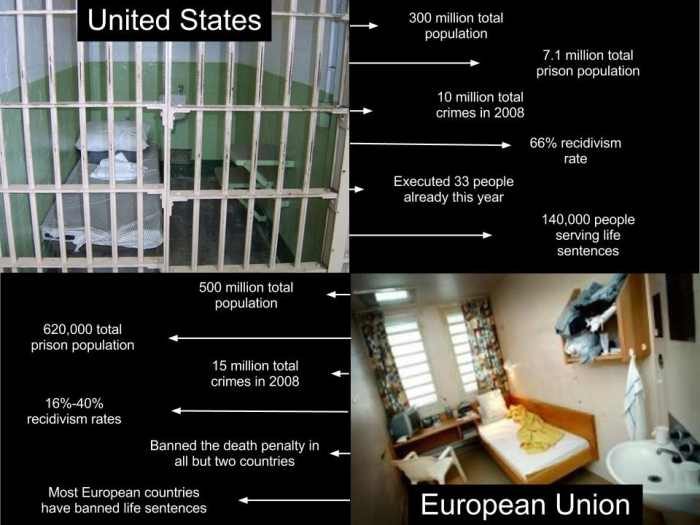

To help shift the focus from punishment to rehabilitation, psychologists are doing research on the causes of crime and the psychological effects of incarceration. "Right now there's such a focus on punishment-most criminal justice or correctional systems are punitive in nature-that it's hard to develop effective rehabilitative programs," says Morgan. Haney agrees: "Many psychologists in the criminal justice system have enormous caseloads they're struggling not to be overwhelmed by the tide."Īnother constraint is the basic philosophical difference between psychology, which is rehabilitative at heart, and corrections, which is currently punishment-oriented. Part of the problem is limited resources, says Morgan: There simply aren't enough mental health professionals in most prisons. "We're focused so much on the basic mental health services that there's not enough time or emphasis to devote to rehabilitative services," says Robert Morgan, PhD, a psychologist at Texas Tech University who has worked in federal and state prisons and studies treatment methods for inmates. For example, a psychologist might develop special programs for substance abusers or help prisoners prepare for the transition back to the community.īut they often struggle to implement such programs while keeping up with their regular prison caseloads. They also provide rehabilitative services that are useful even for prisoners without serious mental illnesses, says Fagan. Psychologists provide services ranging from screening new inmates for mental illness to providing group therapy and crisis counseling. In many prison systems, psychologists are the primary mental health care providers, with psychiatrists contracted on a part-time basis. The plight of the mentally ill in prisons was virtually ignored for many years, but in the past decade many prison systems have realized-sometimes with prodding from the courts-that providing mental health care is a necessity, not a luxury, says Fagan. "But prisons weren't built to deal with mentally ill people they were built to deal with criminals doing time." "Prisons have really become, in many ways, the de facto mental health hospitals," says former prison psychologist Thomas Fagan, PhD. Today, somewhere between 15 and 20 percent of people in prison are mentally ill, according to U.S. But in the 1980s, many of the mentally ill who had left mental institutions in the previous two decades began entering the criminal justice system. Starting in the late 1950s and 1960s, new psychotropic drugs and the community health movement dramatically reduced the number of people in state mental hospitals. Many inmates have serious mental illnesses. A higher percentage of the population is involved in the criminal justice system in the United States than in any other developed country. residents-and another four to five million people on probation or parole. The approach has created explosive growth in the prison population, while having at most a modest effect on crime rates.Īs a result, the United States now has more than 2 million people in prisons or jails-the equivalent of one in every 142 U.S. Since then, however, rehabilitation has taken a back seat to a "get tough on crime" approach that sees punishment as prison's main function, says Haney. Indeed, many inmates received court sentences that mandated treatment for such problems. Prisoners were encouraged to develop occupational skills and to resolve psychological problems-such as substance abuse or aggression-that might interfere with their reintegration into society. Until the mid-1970s, rehabilitation was a key part of U.S. "I think that it is important for psychologists to bring that information to bear in the debate on what kind of crime control policies we, as a society, should follow." "Psychology as a discipline now has a tremendous amount of information about the origins of criminal behavior," says Haney. More broadly, they are contributing a growing body of scientific evidence to political and philosophical discussions about the purpose of imprisonment, says Craig Haney, PhD, a psychologist at the University of California, Santa Cruz. What is the role for psychologists? First and foremost, they are providing mental health services to the prison population, which has rates of mental illness at least three times the national average. But a combination of strict sentencing guidelines, budget shortfalls and a punitive philosophy of corrections has made today's prisons much more unpleasant-and much less likely to rehabilitate their inhabitants-than in the past, many researchers say. Incarceration is not meant to be fun, of course. It's not a very good time to be a prisoner in the United States.


 0 kommentar(er)
0 kommentar(er)
